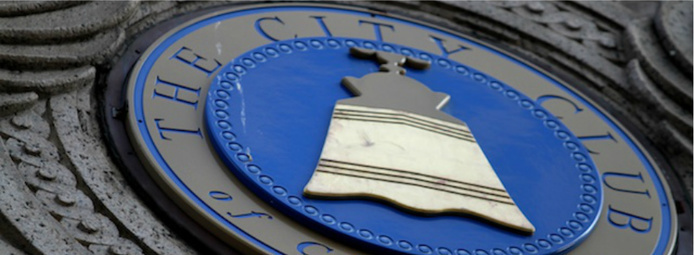Monday, November 01, 2021
#FREESPEECH in the News November 1, 2021

As the Citadel of Free Speech here in Cleveland, we work to protect and promote the basis of our democracy by sharing related stories, commentary, and opinions on free speech in the 21st century. Here's what's making the news – and what you should know about – in the past week.
1.) Facebook Papers show free speech hypocrisy on Vietnam
In the name of protecting freedom of speech, Facebook CEO Mark Zuckerberg has long been willing to endure criticism that his company is too permissive of hate speech, misinformation and calls to violence. But a new report from The Washington Post shows that Zuckerberg has, in fact, been willing to censor posts aggressively to ensure Facebook isn’t kicked out of a desirable market.
According to that report, Vietnam’s ruling Communist Party delivered Facebook an edict last year: Either cooperate with the government’s demand that Facebook help censor anti-government posts or get kicked off the country’s internet. Facebook decided to comply — and it was Zuckerberg’s personal decision.
“Ahead of Vietnam’s party congress in January, Facebook significantly increased censorship of ‘anti-state’ posts, giving the government near-total control over the platform,” The Post reported. In the six months after Zuckerberg agreed to censor anti-government posts, such posts were blocked at nearly triple the rate that they had been in the previous six months.
2.) Charlottesville civil trial will explore where free speech becomes conspiracy to commit violence
About 9 p.m. on August 11, 2017, several hundred White supremacists, mostly young men, held tiki torches as they formed a line that snaked across Nameless Field at the University of Virginia in Charlottesville.
Though they came from across the country, they'd organized in online chat rooms. White vans dropped them off. There was a security team, and a list of chants prepared. At the signal, they lit the torches. The tiki torch guys marched across campus, chanting "You will not replace us," then "Jews will not replace us," then guttural grunts and shouts. The spectacle kicked off a weekend of violence that was supposed to be the climax of what the alt-right called "The Summer of Hate."
There were few consequences for the organizers until a federal civil lawsuit known as Sines v. Kessler was filed a couple of months later. It alleges the organizers conspired to commit violence motivated by race. The trial begins this week. The case will show where constitutionally protected free speech stops and violent organizing begins in the era of social media. Whatever the outcome, the evidence expected to be presented by the plaintiffs may provide a deeper understanding of how a mass of supposedly ironic internet racism was channeled into a violent mob in 2017.
3.) The University of Florida bars professors from testifying in a voting rights case
Three University of Florida professors were denied permission from the school to testify in a major voting rights case against the state, documents filed in federal court show. The plaintiffs in the case, which was filed in May, are a coalition of voting rights organizations that are suing Florida Secretary of State Laurel Lee. The groups argue that a new state law, which severely limits the ability to vote through a drop box or vote by mail in the state, discriminates against voters of color and violates the Voting Rights Act.
Gov. Ron DeSantis signed S.B. 90 into law in the first week of May, at an event that allowed no local reporters but was streamed live by Fox News. Republicans say the law is needed to protect "election integrity and transparency." Lee has filed a motion to dismiss the lawsuit. As part of the testimony, the plaintiffs were seeking three professors from the university — Dan Smith, Michael McDonald and Sharon Austin — to testify as expert witnesses. All three specialize in voting rights and behavior and election law.
The documents filed Friday, though, reveal that the University of Florida denied all three professors permission to testify, saying it was a "conflict of interest" — marking a departure from normal procedure and bringing up a concerning limitation of free speech. The professors' requests to appear as expert witnesses were filed through the university's conflict of interest office, which requires faculty to "report any outside activities and interests." Guidance from the university shows that serving as an expert witness is considered to receive "low scrutiny" and is "generally approved" as long as it is "not likely to adversely impact UF's interests."





